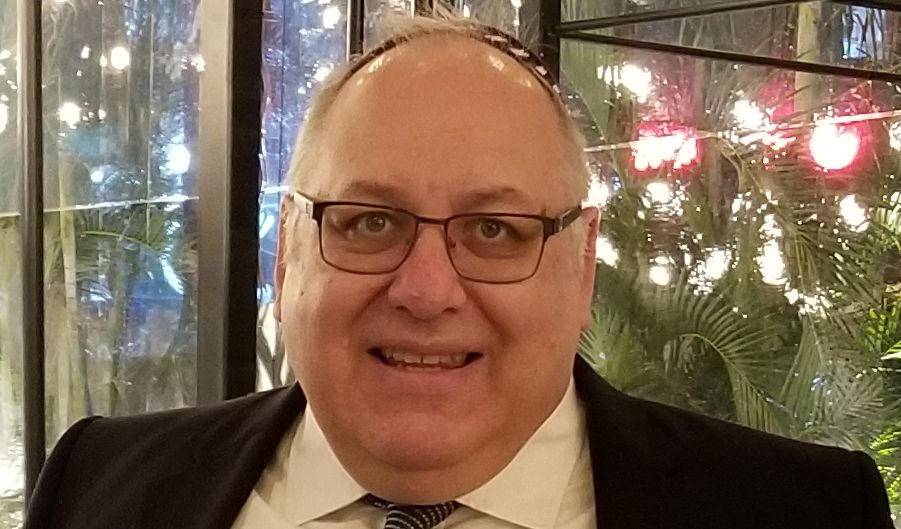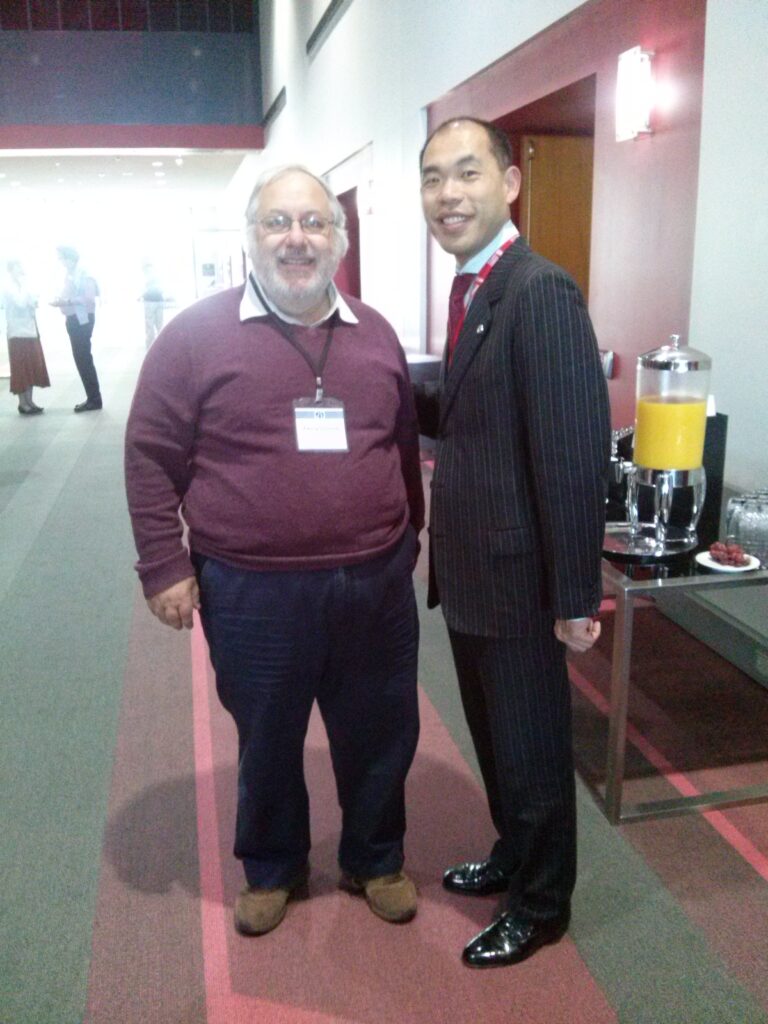Q: A short introduction about yourself?
A: My name is Perry Zamek. I was born in Melbourne in 1958. I settled in Israel in 1987, although I still have family in Australia whom I visit regularly.
Q: How long have you been a translator?
A: I have been translating since I was in high school at Mount Scopus College. I studied both Hebrew and French, and in both there was a great deal of translation practice. By Year 10, I found myself translating texts from Hebrew for the Jewish youth movement in which I was active. I wouldn’t say that the quality of my translations was so great, but it was useful practice for my exams in Hebrew.

Q: And when did you start translating professionally?
A: My professional career had a number of false starts – I studied Medicine for two years, but then went on to complete a degree in Computer Science. I also have a degree in Hebrew and Jewish History. After working in IT for a year and a half, I went back to college to take a Dip.Ed. I was a teacher for a few years, but I never felt comfortable in the classroom. So early in 1987 I opened a small business, providing office services and translation. Once I saw that I could be successful in business, I knew that the time had come to move to Israel.
Q: You obtained NAATI recognition at that time, correct?
A: Yes, it seemed like official recognition of my translation skills would be helpful when I moved to Israel. At the time, all I needed to do was provide some recommendations from clients, and in due course I received my certificates.
Q: When you arrived in Israel, how long was it before you started in translation?
A: I obtained my first piece of translation work from someone I met while on the way from Australia to Israel. I opened my business officially about 3 weeks after arriving, and have been self-employed since then. For some years, though, I did very little translation, working instead in my friends’ desktop publishing business. However, one of the clients of their business needed some small items translated, and things grew from there. At some point I contacted NAATI to ask about my status, and I was informed that my recognition was still in force. So I posted my details on the NAATI online list, and let it be known that I was available to translate documents.
Q: How much of your work is NAATI related? I mean, translations on which you can put your NAATI stamp?
A: Nowadays, a large amount – perhaps as much as three quarters of my work.
A big change happened in 2018. I got a call from the Australian Embassy in Tel Aviv, giving me a heads-up that I would probably be receiving a lot of inquiries about translations for working holidaymaker visas. DFAT had moved the processing for such visas to the embassy in Berlin. As a result, documents that were previously submitted in the original Hebrew now had to be translated, and I was suddenly the best-known NAATI translator in Israel.
Because of the deadline for submitting the applications, I ended up doing nearly 300 sets of documents – high school results, army discharges, birth certificates, bank records – in a little less than a month. I worked from morning till night, 6 days a week.
The following year I did a similar number of documents, but the work was spread over the whole year.
Of course, there was a major downturn when COVID-19 closed Australia’s borders. But once Australia opened up again last year, the work began to come back in.

Q: How do you structure your day? How do you organise your work?
A: I’m an early riser, attending synagogue services early in the morning. And the end of the day is also at synagogue – a daily class in Talmud (a key Jewish legal text) followed again by prayer. This is important, because it frames my day.
The rest of the day is spent dealing with my work and whatever else is on my plate. I divide my day into 15-minute “chunks,” and allocate time slots to the various projects or clients. In between I respond to emails, keep up with the news, and follow a number of translation groups on social media. And then there are the regular tasks required of a solopreneur – billing, bookkeeping, and filing.
I am also involved in the Israel Translators Association. I have served as treasurer and chairman, and am currently on the audit committee. This too keeps me in the spotlight among my colleagues.
I believe that I have developed a good name among my peers and clients, and I benefit from a lot of word-of-mouth advertising, because I try to provide good service to all my clients, no matter what the size of the project.
Perry Zamek is a Certified Translator in Hebrew and English (both directions), and is living in Israel.
